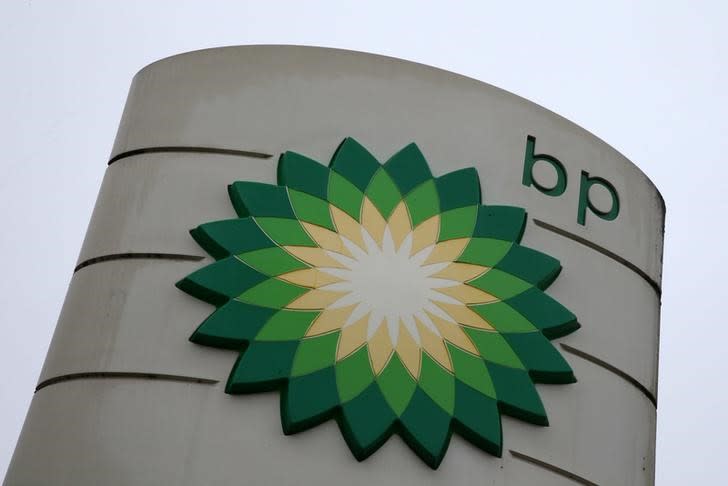BP signs three concession amendments with Egypt

CAIRO (Reuters) - BP (BP.L) has signed amendments to the Temsah, Ras El Barr and Nile Delta Offshore concessions in Egypt, allowing for the development of the Nooros field, the company said on Tuesday.
"BP is proud to progress the acceleration of its drilling activities in the three concession areas. The conclusion of these amendments was a critical milestone that allowed the discovery and fast track development of the Nooros field," Hesham Mekawi, BP's North Africa chief said in a statement.
Noroos achieved in September a record production of 700 million standard cubic feet per day, the company said, and is targeted to reach 880 million standard cubic feet per day by early 2017.
BP holds a 50 percent interest in Temsah and Ras El Barr, and a 25 percent interest in the Nile Delta Offshore Concession. The remaining working interest is held by ENI (ENI.MI) through its subsidiary IEOC.
Once an energy exporter, Egypt has turned into a net importer because of declining oil and gas production and increasing consumption. It is trying to speed up production at recent discoveries to fill its energy gap as soon as possible.
Egypt currently produces about 3.9 billion cubic feet of gas per day and imports another 1-1.1 billion cubic feet per day.
(The story was refiled to correct the Noroos 2017 production target in paragraph 3 to 880 million standard cubic feet per day, not 88 million)
(Reporting by Ahmed Aboulenein; Editing by Lin Noueihed)

 Yahoo Finance
Yahoo Finance 